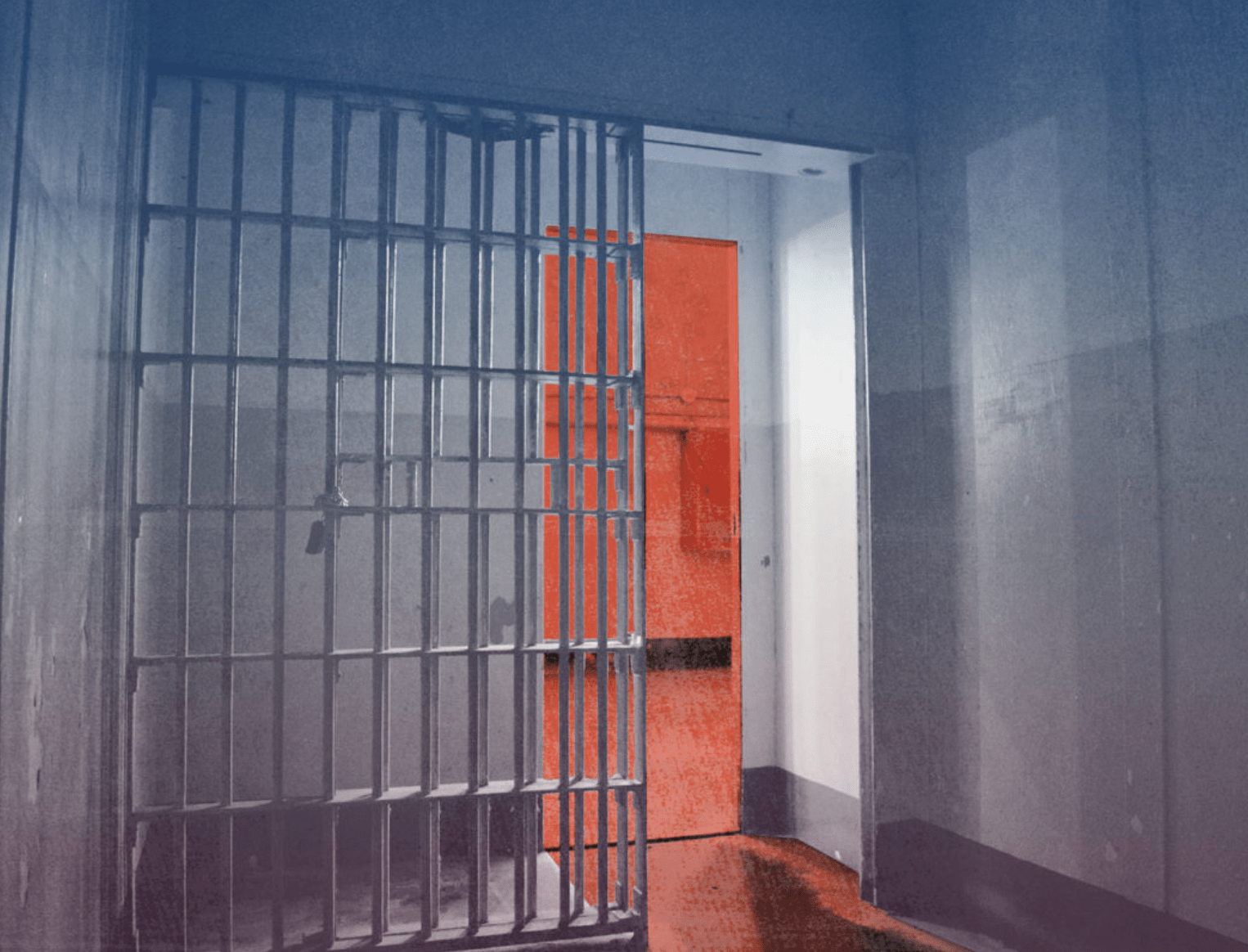Irresponsible Journalism Fuels Mass Incarceration
The Point Irresponsible journalism, including at some of the most respected news outlets in the country, has fueled mass incarceration. It’s time to call out these journalists—the ones who routinely fearmonger, mislead, and act as stenographers for law enforcement. We all need to hold journalists responsible for the harm they cause: We need to call […]

The Point
Irresponsible journalism, including at some of the most respected news outlets in the country, has fueled mass incarceration. It’s time to call out these journalists—the ones who routinely fearmonger, mislead, and act as stenographers for law enforcement.
We all need to hold journalists responsible for the harm they cause:
- We need to call out fear-mongering crime journalism, which tends to follow a two-step pattern. These stories draw on emotionally-charged, outlier cases that manufacture the perception that the likelihood of violent crime victimization is much higher than it is, and then they launder rhetorically overblown statements from law enforcement officials as unbiased expert opinion.
- Academics have begun calling out particularly egregious examples of journalism that seeks to mislead and instill fear instead of inform readers. Both the Boston Globe and the Philadelphia Inquirer have been on the receiving end of this criticism, with the academics in Boston describing coverage there as “exactly the brand of journalism that fosters punitive public attitudes and creates the political conditions that drive up needless incarceration.”
- Policymakers shouldn’t take the bait, but too often they do. Lawmakers and other government officials should call out these stories, reject the pressure placed on them to scale back evidence-based decarceral policies or even implement more carceral policies, and work harder to educate their communities on the policies that will actually make them safer.
- More broadly, this type of coverage is unnecessary. As Tauhid Chappell and Mike Rispoli recently proposed in a piece for Nieman Lab, we should consider defunding the crime beat: “Let’s be honest: Crime coverage is terrible. It’s racist, classist, fear-based clickbait masking as journalism. It creates lasting harm for the communities that newsrooms are supposed to serve…This should be the year where we finally abolish the crime beat.”
Journalists should elucidate, not obscure complex issues:
- When readers are made to feel unsafe, they go looking for a public official to point the finger at: a reform-minded district attorney, legislators who vote for bail reform, or a governor who commuted prison sentences. Unfortunately, those public officials often respond with carceral and punitive policies that keep us from addressing our mass incarceration crisis and pursuing policies that actually make us safer. In short, bad journalism too often leads to bad policy.
- Take, for example, the Courier Journal’s reporting on then-Kentucky Governor Matt Bevin’s last-minute commutations. The Courier Journal’s overblown and salacious reporting on the governor’s clemency action led the Kentucky legislature to introduce a “bill to limit the governor’s power to commute sentences or issue pardons.” After the paper won a Pulitzer Prize for the coverage, two dozen legal and public health scholars wrote a letter criticizing the prize board for “incentivizing journalists to cover criminal justice issues in a way that deters meaningful efforts to shrink the prison system.”
- Just this week, three egregious examples of fear-mongering journalism prompted significant pushback and criticism: The San Francisco Chronicle’s Rachel Swan; The Oregonian’s Jamie Goldberg; and The New York Times’ Troy Closson.
Dive Deeper:
- County Failures, Not State Reforms, Are Killing People in California Jails. Since the state’s public safety realignment in 2011, sheriffs have used criminal legal reform as a scapegoat for their failure to maintain safe jails—and recent reporting has given county officials a free pass to make that excuse.
- The Media’s Misguided Backlash Against Criminal Justice Reforms in D.C. and New York. Many liberals support reform in theory. But when unpopular decisions need to be made, it’s back to the 1990s “Tough on Crime” playbook.
- What the Media Is Getting Wrong in Kenosha. How is media coverage of the Kenosha protests affecting perceptions of police, protesters, and the future of the reform movement?

